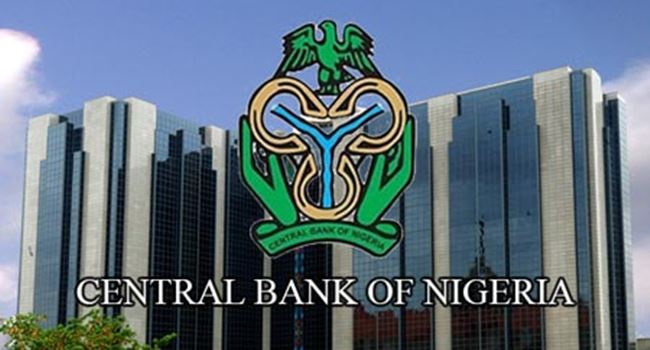Business
Banks recovered N50.32m bad loans in nine days after implementation of GSI —CBN

The Director of Financial Policy and Regulation at the Central Bank of Nigeria (CBN), Mr. Kevin Amugo, said on Tuesday Nigerian banks recovered about N50.32million bad loans from debtors within nine days after the country commenced implementation of the Global Standing Instruction (GSI).
Amugo, who disclosed this at a webinar organised by the Chartered Institute of Bankers of Nigeria (CIBN) Dialogue Series 3.0 in Lagos, said the recovery was made possible by the lending banks through the activation of the GSI protocol.
He said: “The CBN had introduced the GSI as part of measures to curtail the rising Non-Performing Loans (NPLs) in the Nigerian banks and its impacts on the industry.
“It was specifically introduced to support the banking industry in reducing the rate of unserviced loans, improve loan recovery, and recovery efforts of banks.
“The amount recovered was, however, insignificant compared with the total of N1.66 billion worth of bad debts by 26,057 customers triggered by the lending banks.
“The size of the recovered NPLs was due to the fact that the CBN was still working on the GSI protocol for non-individual debtors, which means the recovery was made from individual loan defaulters.”
Amugo said data from the CBN showed that NPLs in banks were higher during the economic downturn, adding that as the figure of NPLs rise, the instability in the sector worsens.
He said between 2015 and 2017, when the country experienced a sharp drop in crude oil prices, currency crisis as a result of the drop in foreign exchange inflows and the period of recession, the NPLs rose sharply from 5 percent to 15 percent.
The CBN official added: “However, the CBN report showed that the NPLs ratio declined from 6.6 percent in April 2020 to 6.4 percent in June 2020; however the figure still remains above the 6 per cent stipulated threshold by the CBN.
“Also, credit to the economy grew by N3.46trillion, about 22 percent, of which new credit in June 2020 alone accounted for N773billion, up from N412.7billion in May 2020.
“The number of new borrowers similarly rose by about 42,000 to 93,578 from 51,700 in May.”
Join the conversation
Support Ripples Nigeria, hold up solutions journalism
Balanced, fearless journalism driven by data comes at huge financial costs.
As a media platform, we hold leadership accountable and will not trade the right to press freedom and free speech for a piece of cake.
If you like what we do, and are ready to uphold solutions journalism, kindly donate to the Ripples Nigeria cause.
Your support would help to ensure that citizens and institutions continue to have free access to credible and reliable information for societal development.
























